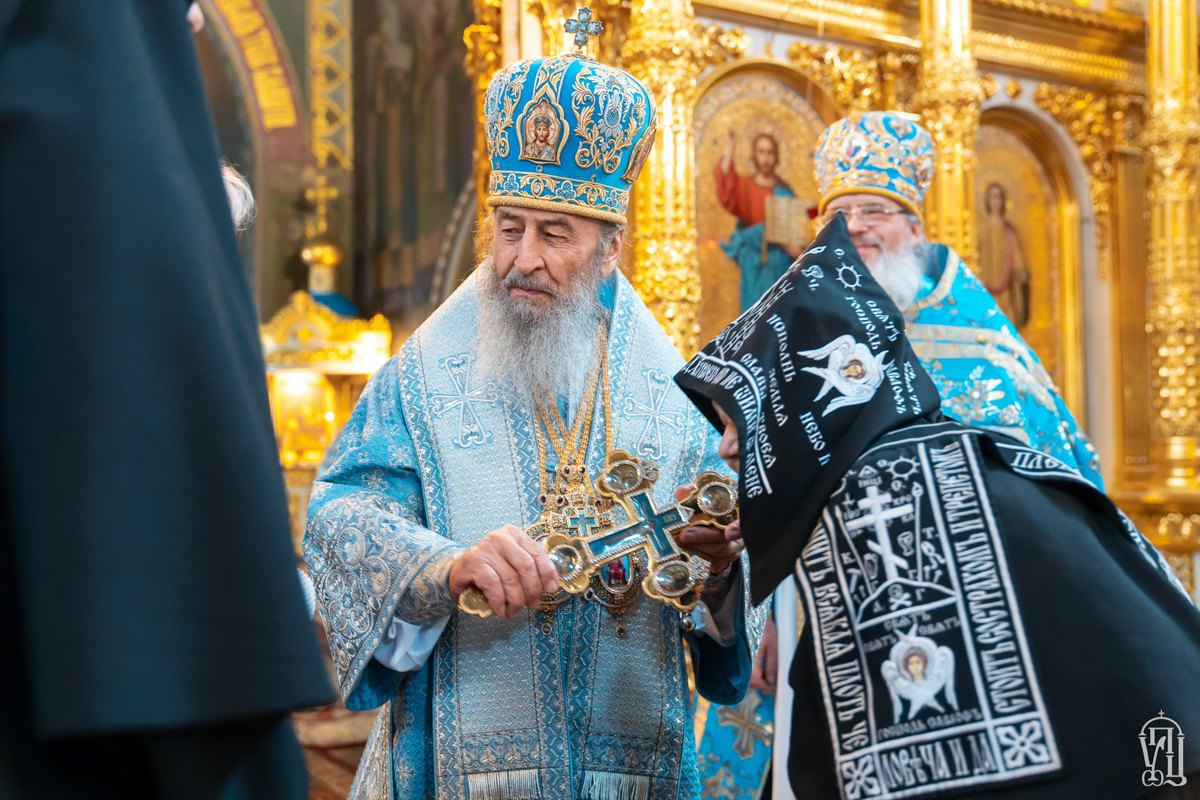
One step away from liquidation?
On 30 October, another court hearing is scheduled in the case brought by the State Ethnopolitics Service (DESS) seeking to liquidate the Kyiv Metropolis of the UOC-MP.
As is known, the Kyiv Metropolis of the UOC-MP failed to comply with the DESS’s order to cut ties with the Russian Orthodox Church. Consequently, it was recognised as affiliated with the Russian Church and taken to court for official liquidation. The first hearing was set for 30 September but was postponed for a month due to the judge’s illness.
That might not have been serious, but the UOC-MP gained another month to prepare lawsuits and promote propaganda through the media and international platforms — including a video address by the defendant, Metropolitan Feodosiy of Cherkasy (accused of treason — Ed.), which was shown at the UN Council.
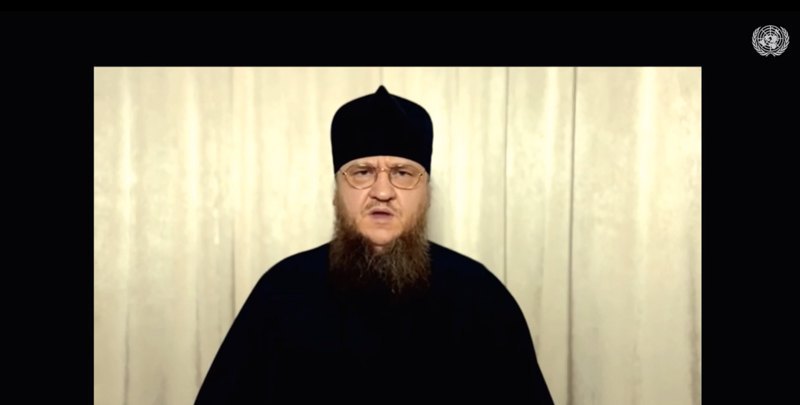
The UOC-MP does not have a clearly articulated defence strategy; its main tactic is to buy time. It hopes that the course of the war may shift in its favour, or that its partners might heed Vladimir Putin’s calls to “leave the Russian Church in Ukraine alone”.
“Although in reality, the mood inside is far from good. Almost every Sunday at lunch after the service, Metropolitan Onufriy seems to be saying farewell. Since the end of summer, he has started handing out church awards and honours to everyone, generously bestowing sanions. Once, he even said: ‘It is unknown whether we will all meet together at the table next Sunday,’” says our insider within the UOC-MP.
Professor Andriy Smyrnov, Doctor of Historical Sciences at the National University of Ostroh Academy, believes that the worst for the UOC-MP has already happened.
“The Ukrainian Orthodox Church of the Moscow Patriarchate has lost the privileged status it previously enjoyed, particularly during the presidency of Viktor Yanukovych. Now this church has become toxic and lacks broad public support, at least according to sociological surveys. Representatives of the UOC-MP are no longer invited to meetings with state leaders or even to sessions of the All-Ukrainian Council of Churches and Religious Organisations. They are barred from chaplaincy roles in the Armed Forces of Ukraine, are exempt from conscription, and 23 bishops are facing various criminal proceedings. In other words, the UOC-MP has lost its dominant position,” he notes.
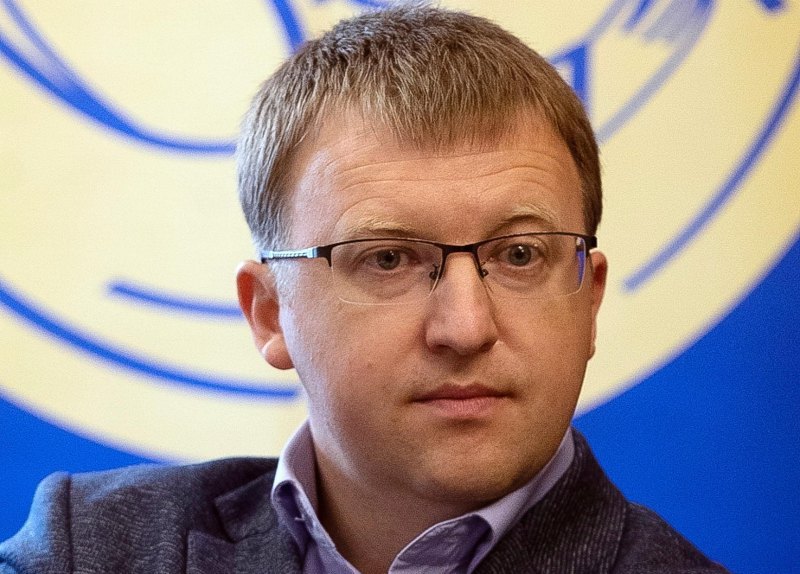
Yes, the hierarchs of the UOC-MP no longer feel like gods. But they are still desperately clutching at straws. For them, it is not so much a matter of reputation as of money and property.
“The worst thing for the UOC-MP is that it will lose its property.”
After the State Service for Ethnic Policy and Freedom of Conscience recognised the UOC-MP as affiliated with the Russian Church, this status imposed significant restrictions on its activities. Chief among them is the use of property: once a religious organisation is deemed affiliated, any agreements allowing the use of state or communal property are terminated. There are other restrictions as well, affecting not only the Kyiv Metropolis as the central body, but also around 150 religious organisations linked to it.
At the court hearing on 30 October, the State Service for Ethnic Policy and Freedom of Conscience will demand that the religious organisation “Kyiv Metropolis of the Ukrainian Orthodox Church of the Moscow Patriarchate” cease its activities and “transfer property, funds and other assets owned by the religious organisation — except for religious property — to the state.”
The State Property Fund of Ukraine and local authorities have already been notified of the recognition of the Kyiv Metropolis of the UOC-MP as affiliated. This serves as a directive for them to begin the early termination of property-use rights.
The UOC-MP has already begun to feel the consequences of losing its long-standing positions.
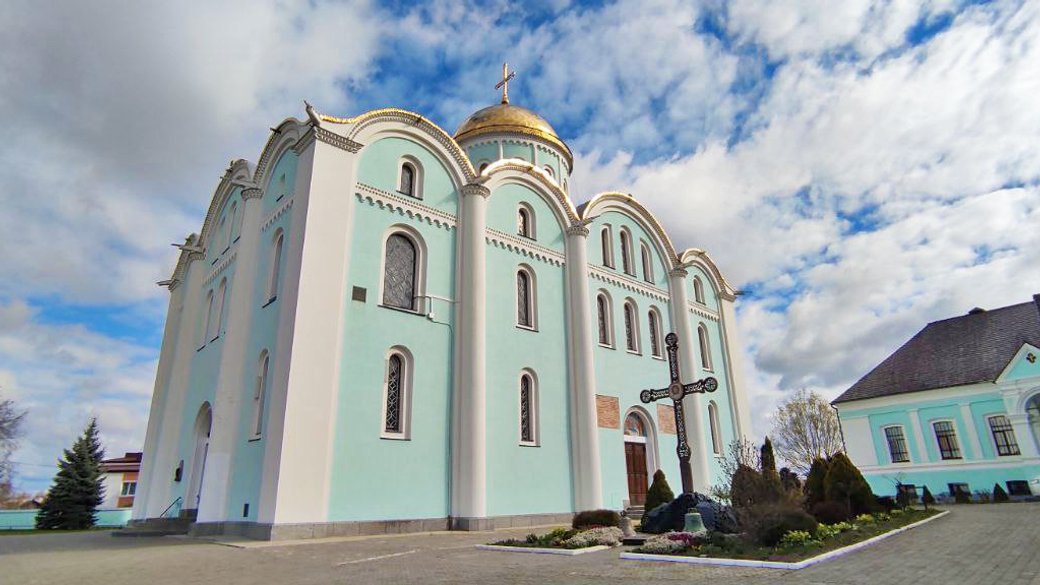
A recent example is the Assumption Cathedral in Volodymyr, Volyn Region. Last July, the lease agreement for the 12th-century monument expired and was not renewed — yet the Moscow Patriarchate did not accept this outcome. Legal wrangling continued for over a year. During the period of their use, several priests even managed to register themselves as residents of the cathedral, as if it were their home. The local metropolitan, as usual, claimed a “violation of constitutional rights”, but to no avail. Courts at various levels ruled that the UOC-MP was illegally occupying the ancient buildings, and enforcement officers soon evicted all those residing there.
There are also more complex cases in which the UOC-MP succeeded in privatising buildings through the assistance of unscrupulous officials. Such was the case with the cathedral in Kaniv, where Taras Shevchenko was once buried. For over 20 years, it was managed by the UOC-MP, which managed to register ownership rights. Prosecutors later proved in court that the privatisation of the Assumption Cathedral was unlawful.
It also took years of legal proceedings to return to the state the complex of buildings belonging to the “Ancient Chernihiv” reserve, which the UOC-MP had long been using free of charge. Eventually, this too was resolved in favour of the state.
“The worst thing for the UOC-MP is that it will lose its property — at least those cultural and architectural monuments that are in state or communal ownership. This process has already begun. Examples include the Kyiv-Pechersk Lavra, where contracts have been effectively terminated, and cathedrals in Chernihiv and Volodymyr in Volyn Region. In some cases, contracts have expired and not been renewed; in others, the state is suing for breaches of heritage protection legislation,” notes Andriy Smyrnov.
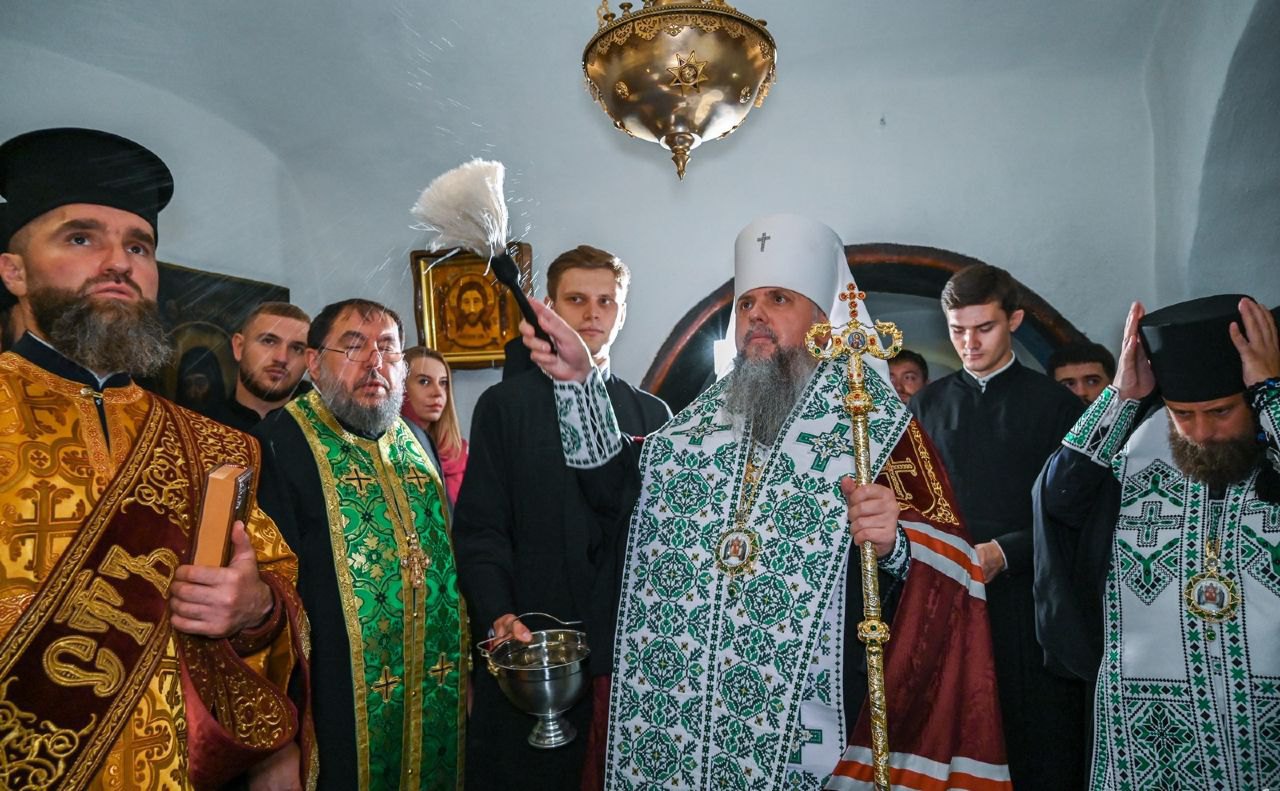
It is worth adding that large churches — particularly those that are historic or located in iconic places — serve as reliable sources of income for those who “feed” there. This is not about profits from selling candles, but rather about donations from sponsors. As one observer aptly remarked, “Almost every parish of the UOC-MP has its own Vadym Novynskyy. It’s merely a matter of scale.” In other words, the issue is not so much about the walls as about the money.
Every decision by the authorities is met with a lawsuit
In several regions, local councils did not wait for the central government’s decision and independently terminated agreements with Moscow Patriarchate parishes concerning the use of buildings and land. The Khmelnytskyy City Council did so as early as spring 2023. The impetus for this decision was a high-profile incident in which a clergyman assaulted a soldier inside a UOC-MP church. Following the attack, councillors terminated the right to use 13 land plots, including the one beneath the Holy Protection Cathedral, where the veteran had been beaten.
There are many such examples. Yet the UOC-MP does not surrender easily — it files lengthy and persistent lawsuits.
At present, there is no information indicating that any UOC-MP structures have been deprived of property as a result of the Law of Ukraine “On the Protection of the Constitutional Order in the Sphere of Religious Organisations”, that is, following formal recognition of affiliation. It appears that such confiscations have not yet taken place. When they will begin remains uncertain — and the issue is not one of religion, but of national security.
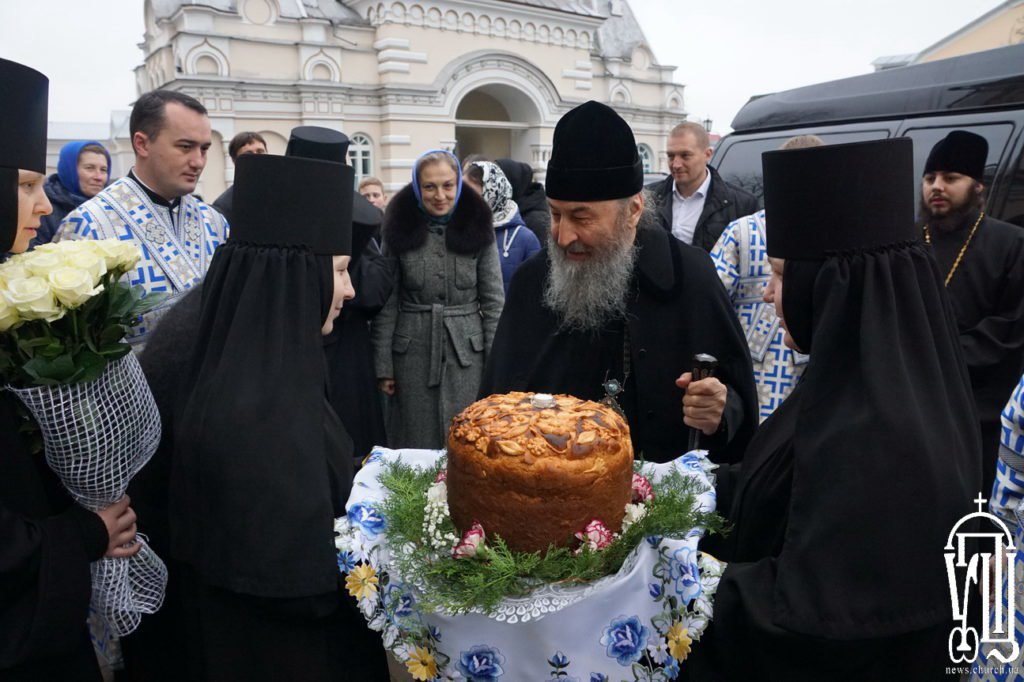
“For example, the Korets Monastery is a stauropegion of the Moscow Patriarchate,” explains Andriy Smyrnov (meaning that it is subordinate not to Metropolitan Onufriy but directly to Patriarch Kirill — Ed.). “The building belongs to the state, and the Church merely uses it. Only a few days ago, it was recognised that the Korets Monastery shows signs of affiliation with the Russian Orthodox Church. It must sever this connection, yet it is clear that it will not do so. Therefore, the state should terminate the usage agreement with the Korets Monastery.
“It is a paradox that a monastery whose priests and abbess are appointed by Kirill is not, from a legal standpoint, part of the Russian Orthodox Church. Everything registered on the territory of Ukraine is, by definition, a Ukrainian religious organisation. Thus, Ukraine has banned the activities of the Russian Orthodox Church — which, in fact, does not exist here.”
They expect everything to be resolved in Moscow’s favour
Lyudmyla Fylypovych, Professor at the Kyiv-Mohyla Academy, Doctor of Philosophy, and religious scholar, believes that the UOC-MP still feels confident in Ukraine and enjoys considerable support not only from well-known sponsors but also from certain authorities.
“They have enormous financial resources and strong backing. Their support comes not only from Vadym Novynskyi, who is currently abroad, but also from within Ukraine itself. There are even enough lobbyists for the Moscow Patriarchate in the President’s Office,” the professor notes.
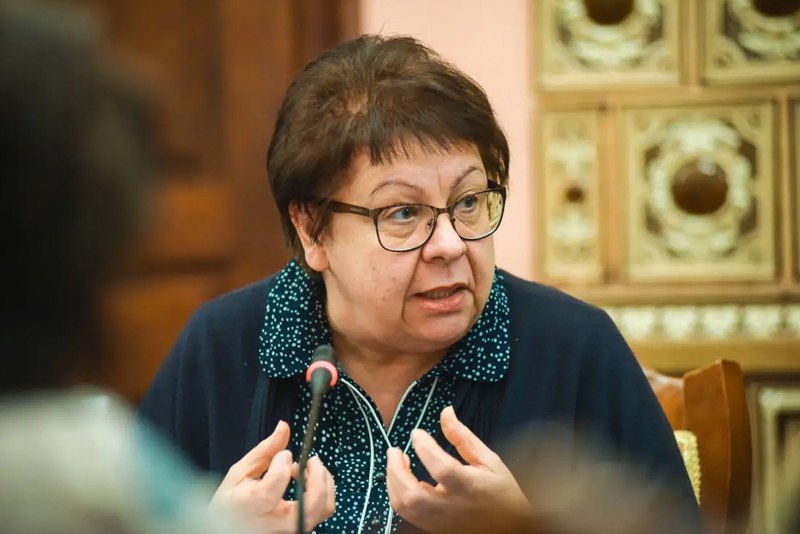
According to her, the UOC-MP is deliberately stalling for time, confident that the situation will eventually turn in its favour.
“They live in their own bubble, following their own rules, in their own reality. I think they perceive what is happening in Ukraine as temporary. They say: we just need to wait until everything is finally resolved in favour of Moscow — and, accordingly, in their favour. That is why they are prepared to drag out the court proceedings indefinitely. They will file appeals, turn to international courts, and continually feed various experts who will claim that they are being persecuted for their faith in Ukraine,” says Fylypovych.
Will the law actually work?
Professor Andriy Smyrnov emphasises that the aim of the law was not to ban the Church entirely. “The goal was to push the Ukrainian Orthodox Church to sever ties with the Moscow Patriarchate. But these ties have not been broken. And property issues alone do not resolve the wider problem of the Church’s continued affiliation with Moscow,” he explains.
He believes that the state should engage in dialogue with the Church’s leadership, particularly with the bishops. However, expectations of Metropolitan Onufriy, head of the UOC-MP, are low.
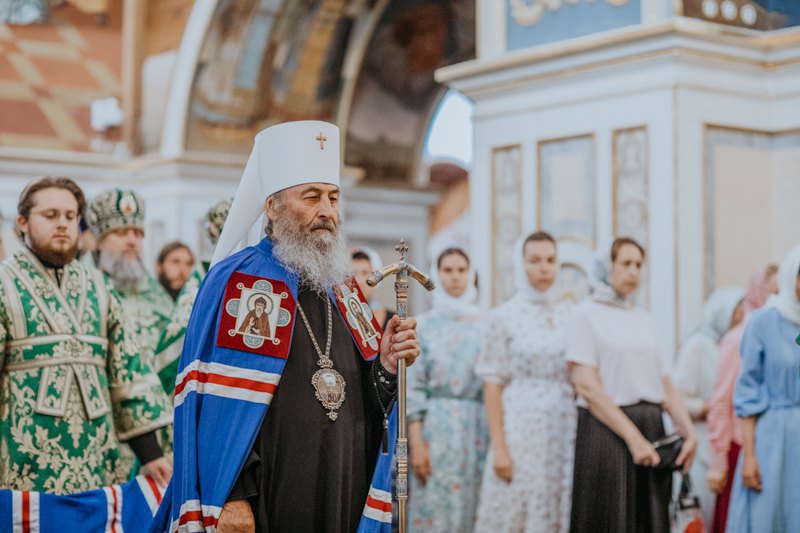
“Metropolitan Onufriy has taken a wait-and-see approach — he is waiting for the war to end and avoids decisive actions. There is no other figure of comparable authority within the UOC-MP. Meanwhile, Metropolitan Anthony Pakanych, the Church’s ‘grey cardinal’, is an advocate of maintaining the UOC-MP’s alignment with Moscow,” says Smyrnov.
Lyudmyla Fylypovych also argues that the state’s current approach — to let the Moscow Patriarchate “fall apart on its own” — has failed and will continue to do so.
“They will not disintegrate on their own. We undoubtedly need to work with the leadership of this Church. But the question is — who should do this work?” she asks. In her view, no one — neither the Church, the state, nor the public — currently has a coherent plan for resolving the crisis.
***
Immediately after receiving the Tomos, many communities left the Moscow Patriarchate and joined the Orthodox Church of Ukraine (OCU). The next wave followed the full-scale invasion, but that process has since slowed.
For instance, in the Khmelnytskyy Region — long considered a leader in parish transitions — activity has declined sharply over the past two years. Only the Ivano-Frankivsk and Lviv Regions report that there are no longer any Moscow Patriarchate communities on their territories. The Ternopil Region might have joined them, were it not for the Pochaiv Lavra, which remains under the control of the Moscow Patriarchate.









